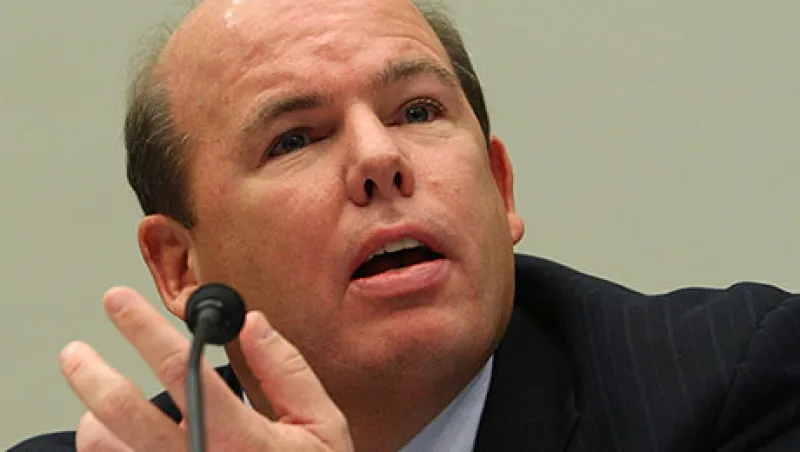
Clinton Group’s Quant Meltdown
George Hall’s latest comeback strategy has hit hard times, with one fund down 22 percent over the past 12 months.
Michelle Celarier
July 20, 2017



